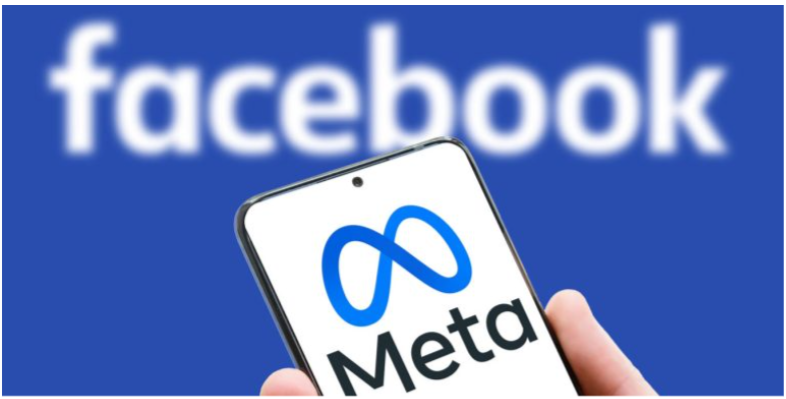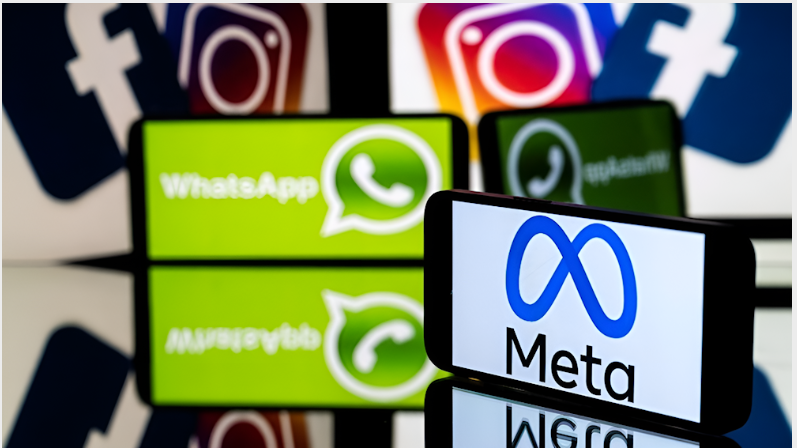 In a significant move aimed at curbing the influence of disinformation, Facebook’s parent company, Meta, has announced the removal of Russian state media networks from its platforms. The decision comes as part of Meta’s ongoing efforts to combat the spread of propaganda and misinformation amidst the ongoing conflict between Russia and Ukraine. This ban affects Russian state-affiliated media outlets like RT (formerly Russia Today) and Sputnik, which have been accused of spreading false information to influence global opinions in favor of the Kremlin.
In a significant move aimed at curbing the influence of disinformation, Facebook’s parent company, Meta, has announced the removal of Russian state media networks from its platforms. The decision comes as part of Meta’s ongoing efforts to combat the spread of propaganda and misinformation amidst the ongoing conflict between Russia and Ukraine. This ban affects Russian state-affiliated media outlets like RT (formerly Russia Today) and Sputnik, which have been accused of spreading false information to influence global opinions in favor of the Kremlin.
The ban is part of a broader crackdown on Russian disinformation campaigns, with Meta taking a firm stand against the use of its platforms as tools for state propaganda. Meta’s President of Global Affairs, Nick Clegg, stated that the company would restrict access to Russian state media across the European Union in response to requests from governments and growing concerns about the spread of war-related misinformation.
This latest action is not limited to the EU. Meta has expanded its policies globally to ensure that Russian state media can no longer monetize their content on its platforms, including Facebook and Instagram. These networks will be prevented from running ads or using monetization tools, effectively cutting off a significant source of revenue.
The move comes in the wake of broader sanctions against Russia from Western governments and institutions, as well as increased pressure on social media platforms to limit the reach of disinformation. Meta has also rolled out new tools to help users identify trustworthy sources of information, such as flagging state-controlled media, to enhance transparency.
Despite the ban, Russian officials have criticized Meta’s decision, accusing the company of censorship and bias. Russian state media outlets, which have a strong following in many countries, claim they are being unfairly targeted due to geopolitical tensions and insist that their content provides an alternative viewpoint to Western narratives.
 Meta’s action is part of a larger pattern of tech companies taking steps to limit the influence of Russian state-backed entities. Platforms like YouTube, Twitter, and TikTok have similarly moved to restrict or ban Russian state media, signaling a collective effort to prevent the spread of disinformation in the digital space.
Meta’s action is part of a larger pattern of tech companies taking steps to limit the influence of Russian state-backed entities. Platforms like YouTube, Twitter, and TikTok have similarly moved to restrict or ban Russian state media, signaling a collective effort to prevent the spread of disinformation in the digital space.
The ban reflects Meta’s broader strategy to safeguard the integrity of its platforms while addressing the growing concerns around information warfare in the digital age. As the conflict in Ukraine continues, social media platforms remain at the forefront of the battle over public perception and the spread of narratives, making Meta’s actions both timely and crucial.
Ennywealth


